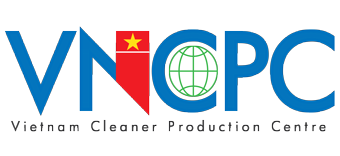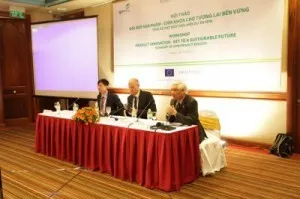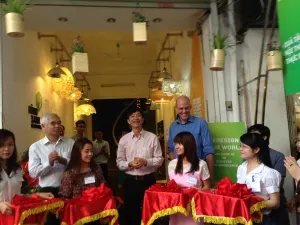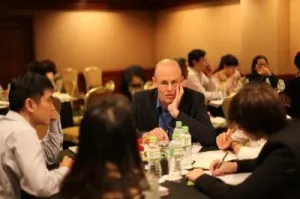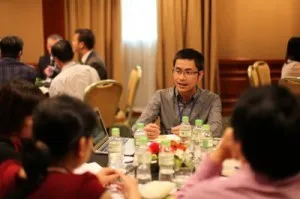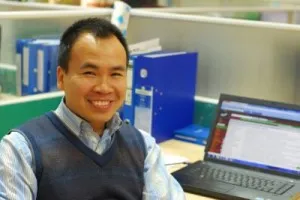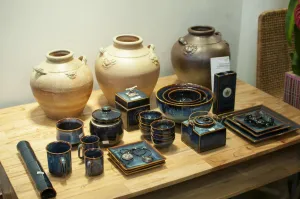EU supports funding of sustainable catfish supply chain in Vietnam
A new project to establishing a sustainable pangasius supply chain in Viet Nam (SUPA) has been launched by the Viet Nam Cleaner Production Centre (VNCPC) and the Viet Nam Association of Seafood Exporters and Producers (VASEP).
The project is worth €2.4 million, of which the European Union finances €1.9 million under the EU SWITCH-Asia Programme. The project is implemented by VNCPC in partnership with VASEP, WWF-Vietnam and WWF- Austria, reports VASEP.
Speaking about the project, Ms Berenice Muraille, Development Counselor of the Delegation of the European Union to Viet Nam said: “The project intends to improve the competitiveness of Viet Nam’s Pangasius industry in the global market. Through this project, EU directly supports the entire Pangasius supply chain from hatcheries, feed producers and processers in Vietnam to traders and end-use customers, including those in the EU which is the largest market for Viet Nam’s pangasius export”.
The four year long project, running from 2013 to 2017, will focus on capacity building, promotion of responsible production to increase product quality, mitigation of environmental impacts and reduction on production costs by applying Resources Efficiency and Cleaner Production methodology, product innovation and market development and promotion.
The project also supports information exchange, techniques for households and small and medium enterprises (SMEs) in applying the current sustainable standards as Aquaculture Stewardship Council (ASC), Global GAP, etc, towards sustainable production aimed to increase the competitiveness of the Pangasius sector in the world market.
“SUPA is one of the supporting projects for Viet Nam’s Pangasius sector, which not only approaches from supply chain viewpoint but also applies “PUSH” and “PULL” methods for activities such as sustainable production and market promotion. It also includes the application of research results into practice,” Dr Tran Van Nhan, Director of VNCPC, emphasised.
It is expected that by the completion of the project, at least 70 per cent of the targeted middle to large Pangasius producing and processing enterprises, together with 30 per cent of the feed producers and small independent production SMEs will be actively engaged in Resources Efficiency and Cleaner Production (RE-CP), and at least 50 per cent of targeted processing SMEs will be provided with sustainable products compliant with the ASC standard to EU and other markets.
TheFishSite News Desk (available at http://the fishsite.com)
